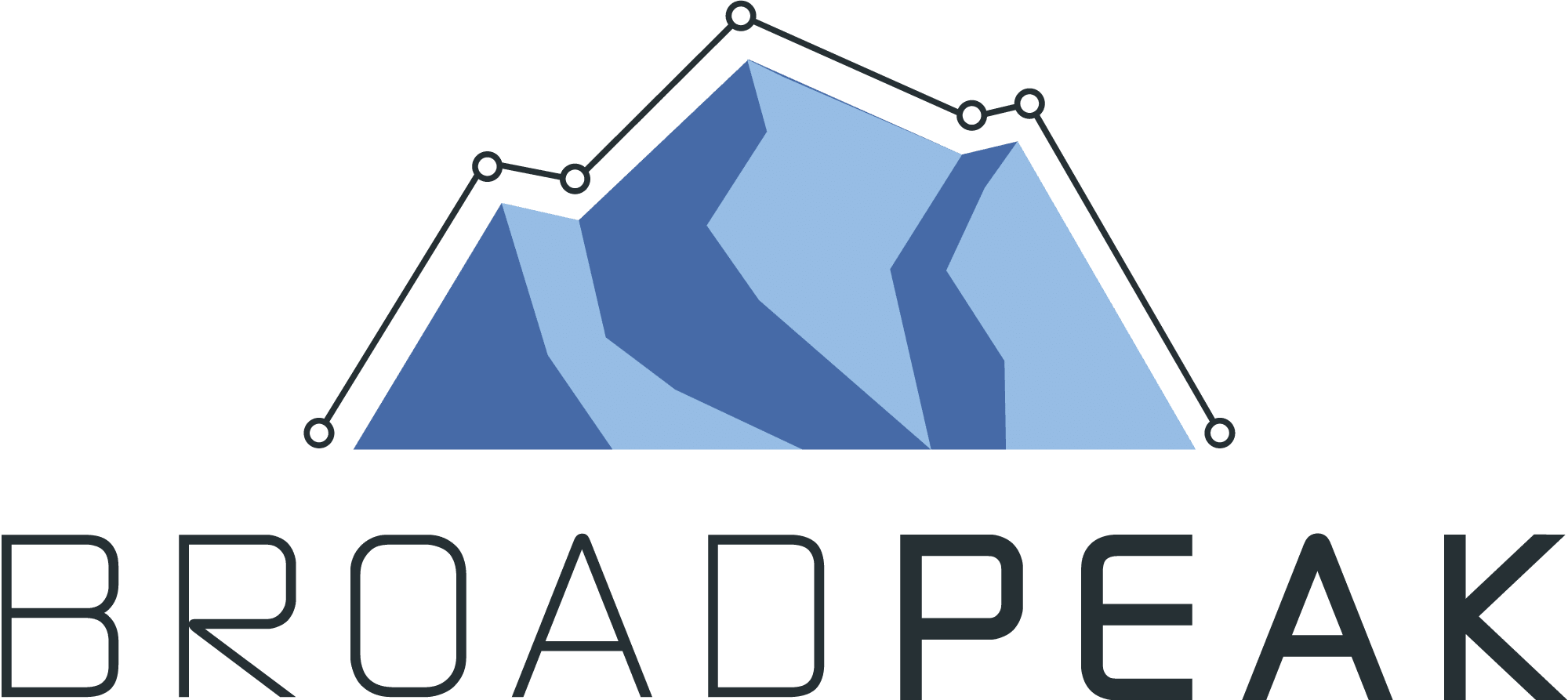UnaVista LSEG announced that they are halting operations for SFTR reporting. This means that SFTR reporting customers will have to on-board with another trade repository (TR).
This is another major blow to the trade repository landscape. CME decided to leave the UK and EU landscape entirely in 2020. And it was not for lack of volume. CME, as one of the low cost providers, had very significant volume. With UnaVista leaving, the SFTR market participants are down to one viable SFTR repository, in our humble opinion, which is the absolute worst outcome.
What’s going on in Trade Reporting?
Let's Speak Plainly and Openly
- Exchange based TRs have very significant overhead and are fighting for budget against a very wide array of initiatives. On the grand scheme of exchange opportunities, trade reporting may not be the most attractive business. It just takes a certain volume to make ends meet. Likewise the EU, UK split doubled cost without a bump in volume. This makes them particularly vulnerable to cuts. We suspect this is the case with CME and UnaVista.
- The subsidy / rebate business model muddies the competitive waters. A subsidy / rebate is where a TR pays an aggregator or integrator to bring volume to their repository. There are a lot of words for this: spiff, kickback, subsidy, rebate. The Swiss have our favorite word for it: Reterosession. Not sure why, but the rebate model seems to be highly concentrated in the EU and UK. Whatever you want to call it and wherever it happens the rebate/subsidy model profoundly impacts competitiveness. Why? Well, trade repositories have a very long and high cost startup. They plan and price according to basic assumptions. All those assumptions almost immediately get thrown out the window with behind doors subsidy negotiations for flow.
For us, we do not accept rebates because it engenders a natural conflict of interest. At a minimum we believe aggregators receiving these rebates should fully disclose how much they are receiving so reporters can make informed decisions. - Aggregators can be a useful tool, particularly for small reporters. However, it’s not without risk. You have an entirely non-regulated entity sitting in between regulated entities. Aggregators are the largest recipients of subsidies. They can be very useful for small reporters. However, it’s important that all participants have a complete and full understanding of the cost dynamics involved.
At the end of the day, it’s important for market participants to remember the reporting landscape is always dynamic, and that it may be necessary to quickly move their operations. Aggregators and Trade Repositories alike can change strategy in an instant placing your reporting operations under significant pressure. There are enormous changes happening across the entire spectrum of the G20: Dodd-Frank, EMIR, MIFID, MAS and many more. There will be more changes. As always the team at BroadPeak is already ahead of the curve tracking these changes and is agnostic to the trade repository.
Here’s The Full UnaVista Announcement Below
Dear Customer,
We are writing to inform you that UnaVista will be discontinuing its SFTR Trade Repository services provided by UnaVista Limited (UK SFTR) and UnaVista TRADEcho B.V. (EU SFTR) effective 31 January 2022. After this date, it is expected that applicable trade repository registrations for U.K./E.U. SFTR will be withdrawn and accordingly any SFTR regulatory reporting and related Rules Engine services will cease.
The discontinuation of SFTR services will allow UnaVista to redirect resources towards our core MIFIR, EMIR and G20 services, including the upcoming EMIR Refit redesign. We will also continue to enhance the performance and resilience of UnaVista, as well as deliver service upgrades such as analytics and the new client portal.
We realise that this decision will mean our customers will have to onboard with another SFTR Trade Repository, we regret any inconvenience this may cause. Guided by regulators, we are currently working with the other SFTR trade repositories to streamline portability arrangements, which we will be communicating details of shortly.
To assist firms in understanding the porting process and to answer any questions we will be holding a series of working groups. The first working group will be next week on Wednesday 4 August at 4pm (BST), you can view all of the upcoming SFTR working groups and register here. If you have any questions, concerns or need additional assistance please don’t hesitate to contact your UnaVista account manager.

Gordon Allott in
Former President & Chief Executive Officer
Gordon Allott is the Founder of BroadPeak Partners, developer of K3 and the Former President, CEO. From the time BroadPeak was two people sharing a single office, Gordon has focused on how companies could stop requiring developers to be handcuffed to the integrations they build. This mission led him to develop K3’s groundbreaking low code integration for complex Enterprise demands.
Formerly, Gordon delivered complex financial software projects (in excess of $50MM) for JP Morgan, UBS, and tier-one hedge funds. The persistent integration weaknesses apparent in these organizations drove Mr. Allott to build K3. He also led global business development for KWI software (now Alstom), growing the team of 15 to over 200. A graduate of Drake University with a JD from the University of Denver, Gordon now lives in New York City with his wife and dog.



